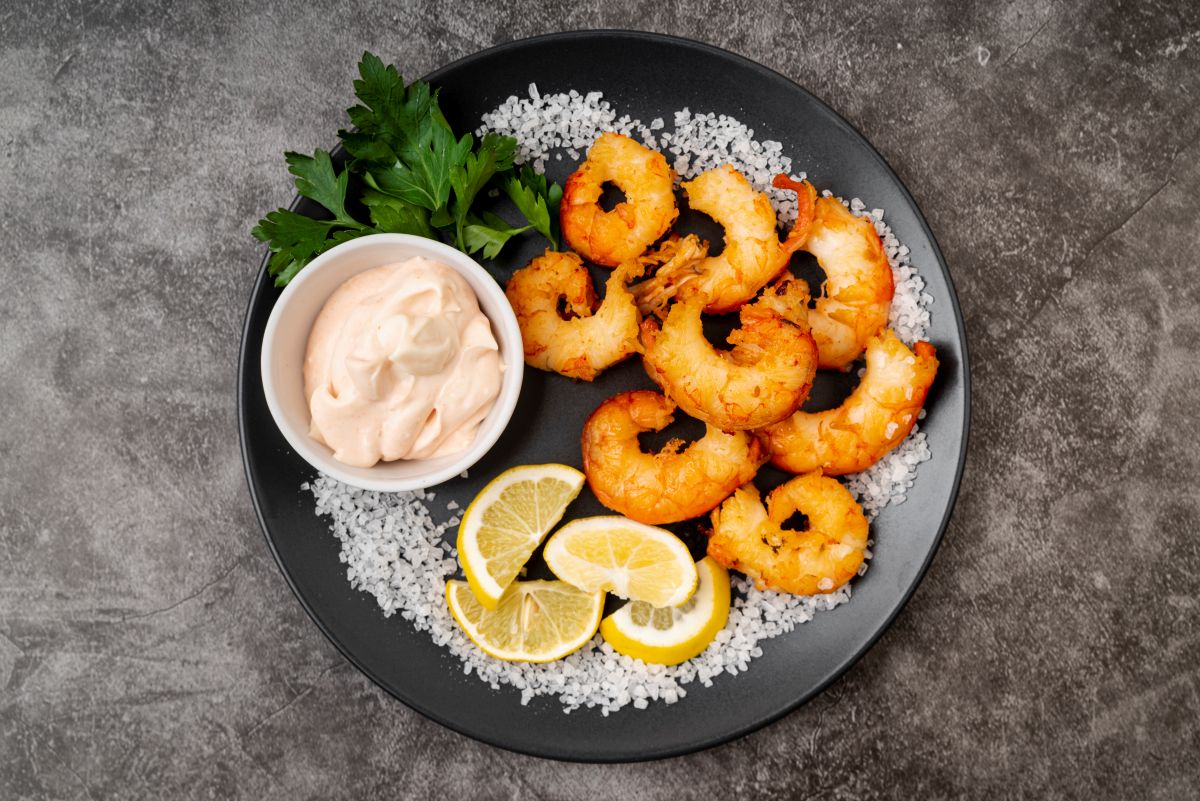Bali Provincial Marine and Fisheries Agency has confirmed that frozen shrimp exports from Bali are free from Cesium-137 (Cs-137) radioactive contamination.
Head of the Bali Marine and Fisheries Agency, Putu Sumardiana, stated that inspection results from the Bali Quarantine Agency confirmed that shrimp products from the island are safe and uncontaminated.
“It hasn’t reached Bali. The quality assurance body (Bali Quarantine Agency) has confirmed that shrimp from Bali are completely safe,” Sumardiana said in Denpasar on Thursday (Oct 9).
He explained that despite the recent issue of Cs-137 contamination, Bali’s frozen shrimp exports continue to operate normally.
“Yes, we’ve coordinated with the quarantine office since export quality matters fall under their authority. The results show that cesium contamination did not reach Bali it’s safe,” he added.
Sumardiana noted that shrimp farmers in Bali remain active, particularly in Karangasem and Klungkung Regencies.
“In fact, a large harvest of giant freshwater prawns is scheduled this weekend at the Nalai Udang Galah Pesinggahan in Klungkung,” Sumardiana continued.
Not Products from Bali
According to data from the Bali Provincial Government, local fishermen produce two main shrimp species, giant freshwater prawns (udang galah) and vannamei shrimp (udang vaname) with key production center in Karangasem, Buleleng, Gianyar, Jembrana, and Klungkung Regencies.
In 2024, giant prawn production reached 28,040 kilograms in Gianyar and 2,622 kilograms in Karangasem, while vannamei shrimp production totaled 3,049,650 kilograms in Buleleng, 5,320,800 kilograms in Jembrana, and 247,900 kilograms in Karangasem.
Overall, annual production amounted to 30,662 kilograms of giant freshwater prawns and 8,618,350 kilograms of vannamei shrimp. According to Indonesia’s Bureau of Statistic, Bali exports frozen shrimp primarily to the United States and Japan, with the export value for fish, crustaceans, and mollusks (HS 03) reaching US$12.18 million in August 2025.
Earlier, the Task Force for Handling Radiological Hazards of Cesium-137 (Cs- 137) strengthened cross-ministerial coordination to ensure export safety, protect the public, and control contamination sources within the country.
Task Force Head of Diplomacy and Public Communication, Bara Krishna Hasibuan, said the government is committed to resolving the Cs-137 contamination issue swiftly, transparently, and scientifically.
“Actions are being taken in coordination across ministries and institutions to ensure public safety and maintain international trading partners’ trust in Indonesian products,” Bara said in a written statement from Batam, Riau Islands, on Wednesday (Oct 8).
During a coordination meeting in Jakarta, Bara also revealed that two containers of shrimp products suspected of Cs-137 contamination had been returned from the United States for further examination. Sumardiana reiterated that the incident did not involve products originating from Bali.
“The case of frozen shrimp contaminated by radioactive cesium did not occur in Bali. The Food Quality Agency has confirmed that Bali’s shrimp are safe,” he emphasized. “We also coordinated with the quarantine office, and the results stated that it didn’t reach Bali it’s safe,” he added.
Currently, around 17,000 shrimp farmers are active in Bali across five regencies Klungkung, Buleleng, Gianyar, Jembrana, and Karangasem.
Previously, radioactive Cs-137 contamination was discovered in Cikande District, Banten, allegedly originating from a steel smelting factory.
As a result, one frozen shrimp plant and nine nearby residents tested positive for cesium exposure. Those exposed are currently being treated at Fatmawati Central General Hospital in Jakarta, and their conditions are stable with no symptoms reported.

